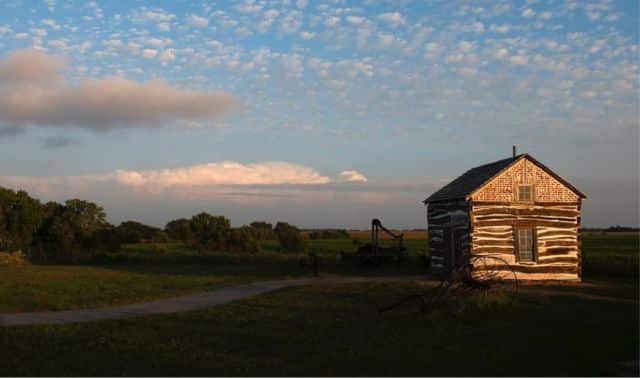A. These terms are general shorthand for the type of government agency that would have custody of the original record in question. For some records, you’d visit a county government office, such as a county court clerk or the county health department. (In many areas of New England, local records are kept “on the town level” rather than in a county office.)
State-level record custodians might be the state vital records office or state archives. Federal-level records could be with any number of US government agencies, such as the National Archives and Records Administration, Social Security Administration or US Citizenship and Immigration Service.
So how do you know what level to go to? It generally depends on whether a local, state or federal entity required that the record be kept. But there are exceptions: Sometimes an agency on one level retained a copy of a record kept on another level (for example, many states require counties to forward copies of birth and death certificates). Or a local office might send old records to a state archive.
Of course, a repository at any level might have microfilmed records from another level. For example, state archives may have federal census records and county court records for that state on microfilm.
Though there are always exceptions to the rule, here’s a list of major genealogical records you’ll usually find on what level of government:
- County or town level: Vital records (in some places, counties and towns kept their own vital records before the state mandated it), wills and probates, court records, county coroner records, property deeds, voter registrations, pre-1906 naturalizations applied for in county court
- State level: Vital records after state-mandated vital record-keeping began, state censuses, pre-1906 naturalizations applied for in state court, military records of state militia service, state prison records, state hospital records, state orphanage records. (Family Tree Magazine Plus members can read this article on finding ancestors’ birth records.)
- Federal level: US censuses, ships’ passenger lists, military records for the Revolutionary War and later, patents for federal land, naturalizations made in 1906 and later, pre-1906 naturalizations applied for in federal court, alien registrations, passport applications, Social Security Number applications, Bureau of Indian Affairs records, federal court records, federal prison records, vital records for events occurring on a military base overseas. (See our guide to obtaining federal records in the November 2009 Family Tree Magazine.)




